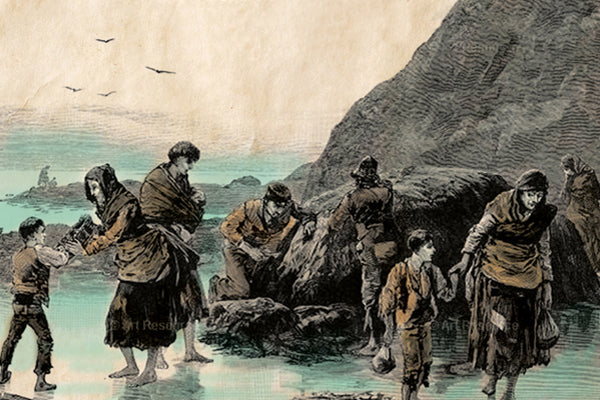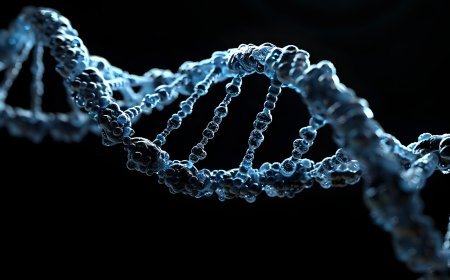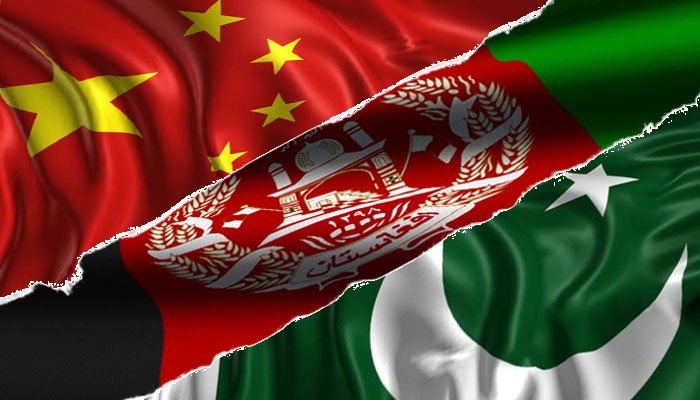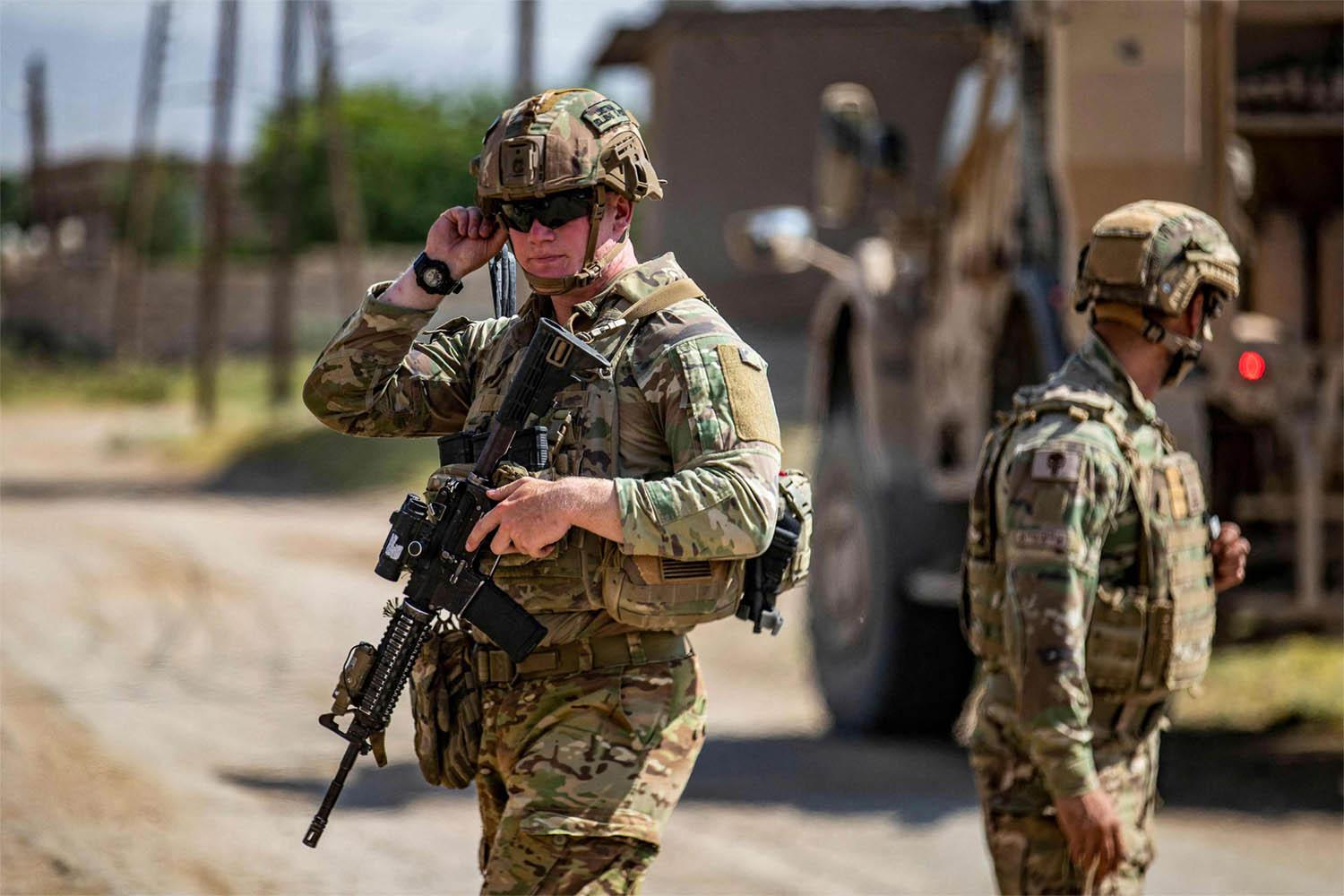Famine Officially Declared in Northern Gaza

A U.N.-backed group of experts has officially declared a state of famine in northern Gaza, marking a grim and unprecedented milestone as the first such confirmation in the Middle East. The announcement, made by the Integrated Food Security Phase Classification (IPC), confirms what humanitarian organizations have warned for months: the catastrophic hunger crisis in the region has reached its most severe level.
The IPC Declaration: What It Means
The IPC is the leading global authority on food insecurity, and a famine declaration is its most extreme classification. For a famine to be declared in a specific area, three specific and severe thresholds must be met:
-
Food Deprivation: At least 20% of households are facing an extreme lack of food.
-
Malnutrition: More than 30% of children under the age of five are suffering from acute malnutrition.
-
Mortality: At least two people per 10,000, or four children per 10,000, are dying each day from starvation or a combination of malnutrition and disease.
The IPC's recent analysis, which was reviewed by an independent Famine Review Committee (FRC), found that these thresholds have been met in Gaza Governorate, which includes Gaza City. The report further projects that famine conditions will spread to the governorates of Deir al-Balah and Khan Younis by the end of September. The IPC has only confirmed famine on a handful of occasions in recent history, including in Somalia (2011) and South Sudan (2017 and 2020), as well as parts of Sudan’s western Darfur region last year.
A "Man-Made" Disaster
U.N. officials and humanitarian organizations have been quick to describe the famine as a "man-made disaster" and a "moral indictment". They point to the ongoing conflict and severe restrictions on humanitarian aid as the primary drivers of the crisis. Reports indicate that over half a million people in northern Gaza are at risk of death from starvation.
The situation is particularly tragic because thousands of tons of food aid are reportedly sitting in warehouses just miles from the starving population, unable to be distributed due to a combination of access restrictions, a lack of security, and the destruction of infrastructure. The Israeli government has rejected the IPC's findings, claiming there is no famine in Gaza and accusing the report of being based on "Hamas lies". They point to humanitarian aid deliveries they have facilitated, but humanitarian groups argue that these deliveries are insufficient and often do not reach the most desperate areas.
Dire Consequences for the Most Vulnerable
The IPC report paints a harrowing picture of the humanitarian cost. It projects that at least 132,000 children under the age of five could die from acute malnutrition in the coming months, an estimate that has doubled since an IPC report in May. The number of malnourished pregnant and breastfeeding women is also staggering, with over 55,500 requiring urgent nutrition assistance.
The collapse of the healthcare system has exacerbated the crisis. With hospitals decimated and health workers exhausted and hungry, even common illnesses like diarrhea are becoming fatal, especially for children whose bodies are too weak to fight them.
Calls for Action
The famine declaration has intensified global calls for an immediate and permanent ceasefire. U.N. Secretary-General António Guterres has stated that the declaration confirms the "living hell" in Gaza, emphasizing that the time for debate has passed.
Humanitarian organizations, including the World Food Programme and the International Rescue Committee, are demanding an immediate and large-scale surge of aid, unimpeded access for humanitarian workers, and the protection of all distribution routes. They stress that without a fundamental shift in the situation, the number of deaths from starvation will only continue to rise, and a point of no return is rapidly approaching.
What's Your Reaction?
 Like
0
Like
0
 Dislike
0
Dislike
0
 Love
0
Love
0
 Funny
0
Funny
0
 Angry
0
Angry
0
 Sad
0
Sad
0
 Wow
0
Wow
0





















